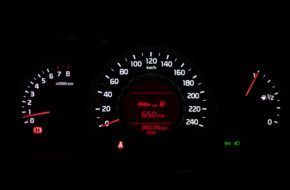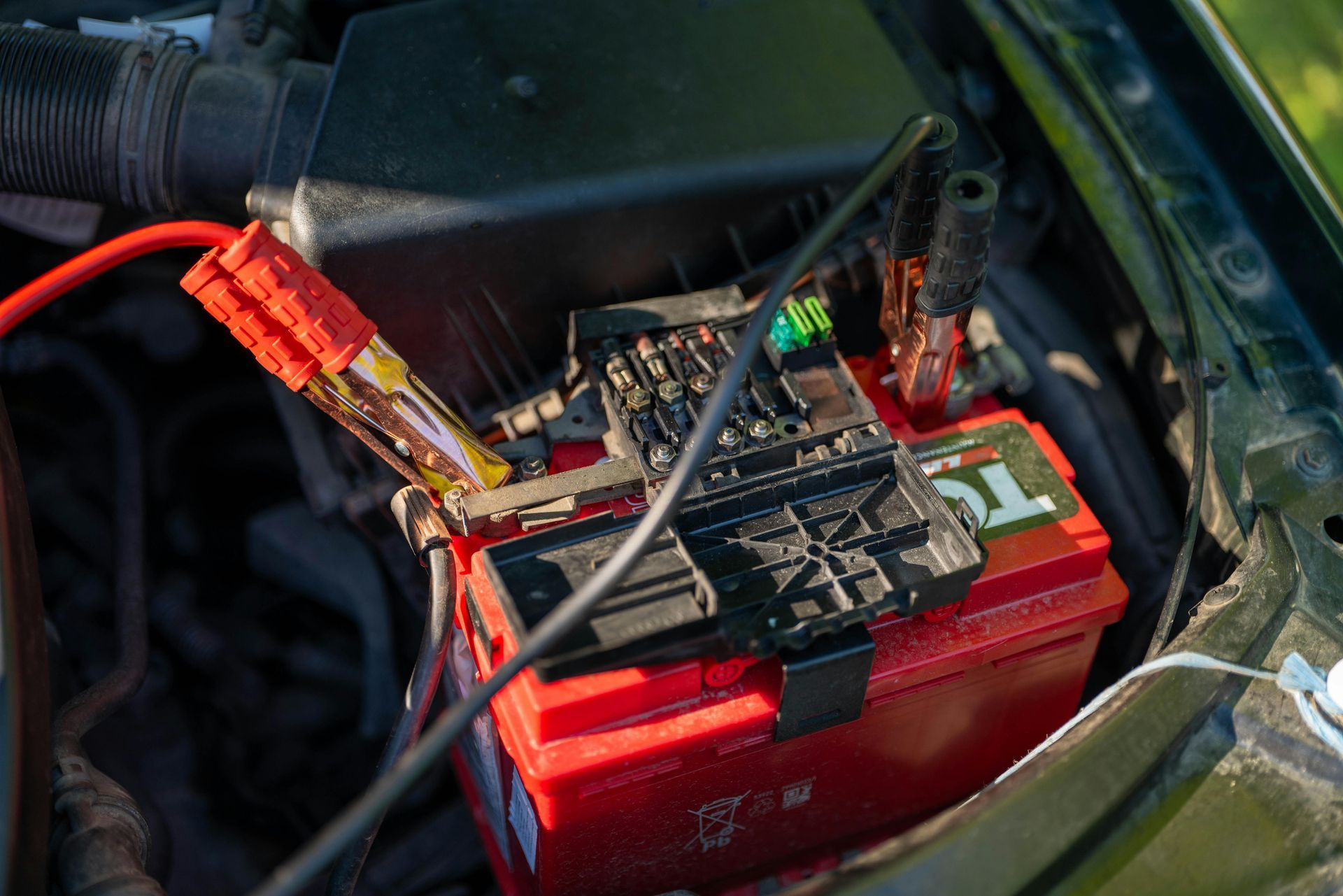What Do My Dashboard Warning Lights Mean?
Auto Shops Located in: Chapel Hill, Durham, Taleigh, Apex, and Cary North Carolina

Warning Lights in Your Car: What Do They Mean?
Dashboard warning lights tell you if there’s a problem under the hood. Simple. Right?
Actually it isn’t so simple. Modern cars have so many warning lights it can be kind of confusing. Let’s demystify it.
Your dashboard warning lights are part of your onboard diagnostics system (OBD). Before 1996, auto manufacturers had proprietary diagnostics systems. The codes and lights varied depending on the make and model. In 1996, the industry standardized many of the diagnostic trouble codes (DTC). The 1996 standard is called the OBD-II.
The impetus for this industry move was to comply with vehicle emissions regulations. But it had additional positive effects. For one thing, it made it easier for auto owners and professional service technicians to diagnose engine problems.
When a warning light comes in, it means your car’s diagnostic system has detected a problem. It stores a trouble code in its memory.
Sometimes, the engine will adjust for the problem on its own. For example, if your oxygen sensor detects a problem, it can adjust the air/fuel mixture to solve the issue.
Yellow and Red Dashboard Warning Lights
It’s important for drivers to know the difference between yellow and red.
If a warning light flashes red, pull over to a safe place as soon as you can. It’s not safe to drive the vehicle. If you continue to drive, it could endanger the passengers or expensive engine components.
If a warning light is yellow, take your car in for service ASAP.
The Check Engine Light (CEL)
If the CEL is blinking, the problem is more urgent than if it is glowing steadily. It could mean several different problems. Many of these problems have to do with your emissions system. Hopefully, it is something simple, like a loose gas cap.
Easy Fix: Check Your Gas Cap
If you don’t screw your gas cap on tight, it can trigger the CEL. Check your gas cap and put it on tight if you find that it’s loose. It will take a little while for the light to turn off. If it does, you probably fixed the problem. Count yourself lucky.
Problems That Can Trigger The Check Engine Light
If it’s not the gas cap, there are other possibilities:
- Engine misfire that could overheat the catalytic converter
- Oxygen sensor (regulates the air/fuel mixture)
- Mass airflow sensor
- Spark plugs
What if my CEL is on because my car’s emission system isn’t working?
Some drivers don’t want a repair bill if they are emitting a little extra pollution. (We aren’t here to shame anyone about their carbon footprint.) But this is shortsighted. When your emission system isn’t working, it is not an isolated problem. If ignored, the problem could turn out to be more expensive. It’s always better to investigate at the first sign of trouble.
Service Required Is Not The Same As Check Engine
These two warnings are often confused. The service required alerts the driver that it’s time for scheduled maintenance. It doesn’t indicate that anything is malfunctioning. The Check Engine Light indicates a problem unrelated to scheduled maintenance. Keep in mind, however, that neglecting scheduled maintenance can create problems that could trigger the light.
Let’s talk about other important dashboard warning lights.
Battery
This lights up when the voltage level is below normal. The problem could lie with the battery terminals, alternator belt, or battery itself.
Coolant Temp Warning
This light is triggered by above-normal temperatures. It could mean the coolant is too low, there is a leak in the system, or the fan isn’t working.
Transmission Temperature
This could be related to a coolant issue. Check both your transmission fluid and coolant.
Oil Pressure Warning
Oil pressure is a big deal. Check your oil level ASAP. If you don’t know how to check your oil, consult your owner’s manual or stop by Chapel Hill Tire for an oil change today.
Airbag Fault
A problem with the airbag system requires a professional. This isn’t something you should attempt to fix on your own.
Brake System
This can be triggered by low brake fluid, leaving the parking brake on, or brake malfunction.
Traction Control/ESP Electronic Stability
When the anti-lock brake system detects a problem, this light comes on. Your braking system is not something to ignore.
Tire Pressure Monitoring System (TPMS)
Tire Pressure Monitoring Systems have saved countless lives by preventing tire-related accidents. They have also made car maintenance a lot easier. Because of this nifty tool, many young drivers don’t know how to check their tire pressure the old fashioned way. It wasn’t a standard feature on American cars until it was mandated in 2007. Newer systems give you a real-time report of the exact pressure levels. Older systems light up if the pressure in a tire falls below 75% of the recommended level. If your system only tells if when the pressure drops, it’s still a good idea to check your tire pressure regularly. Or let our tire service experts do it for you.
Reduced Power Warning
When the computer detects this, there are numerous possibilities. Your Chapel Hill Tire service technician has professional diagnostic tools to pinpoint the problem.
Security Alert
If the ignition switch is locked, this may flash for a second until it resolves. If you can turn the car on but it stays lit, there may be a problem with the security system.
Warnings For Diesel Vehicles
Glow Plugs
If you borrow your friend’s diesel car or truck, he or she should explain how to start it. Diesel engines have glow plugs that need to warm up before you fire up the engine. To do this, you turn the key partway and wait for the glow plug dashboard light to go off. When it turns off, it is safe to start the engine.
Diesel Particulate Filter (DPF)
This indicates a problem with the diesel exhaust particulate filter.
Diesel Exhaust Fluid
Check the level of the diesel exhaust fluid.
Chapel Hill Tire Diagnostic Service
Did you know that one out of ten vehicles in operation has the CEL on? We hope your vehicle is not one of them. Let us take care of the problem. Visit our locations page to find a service center near you or request an appointment with our experts today!















